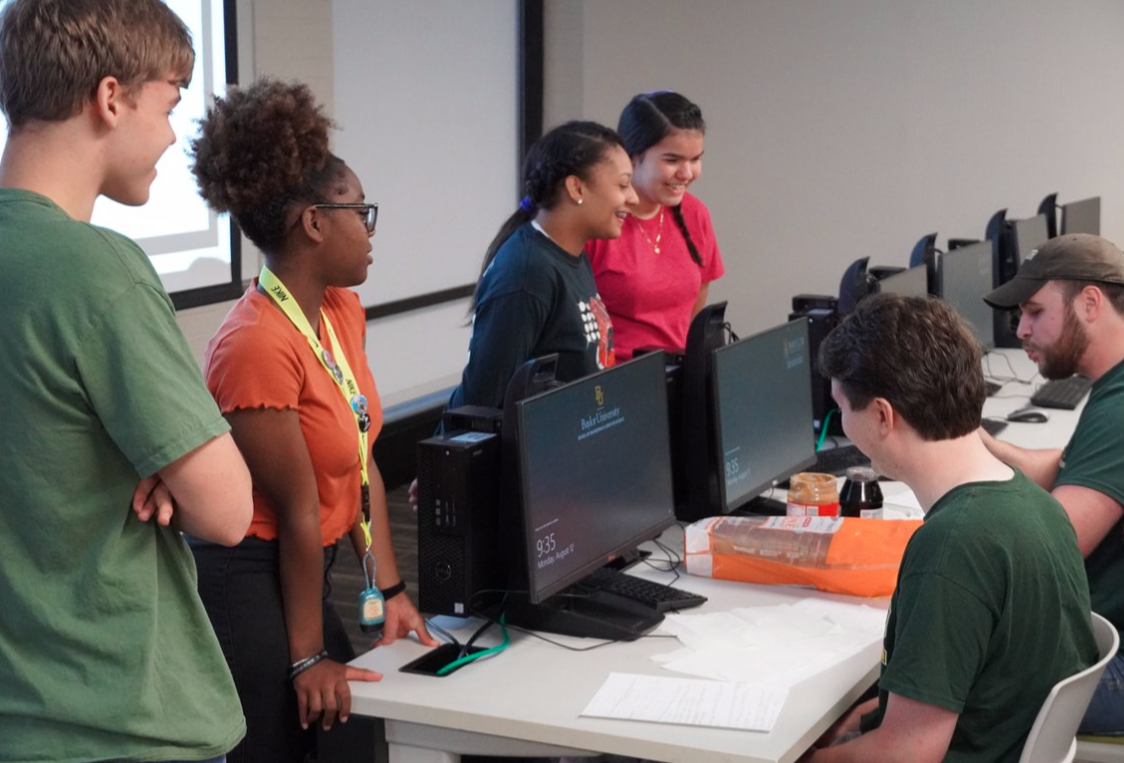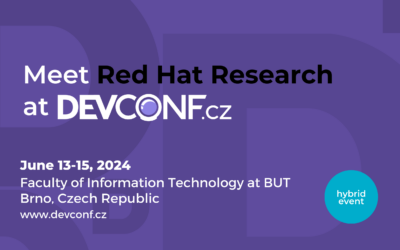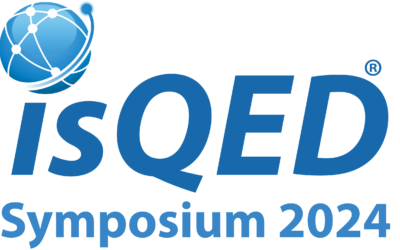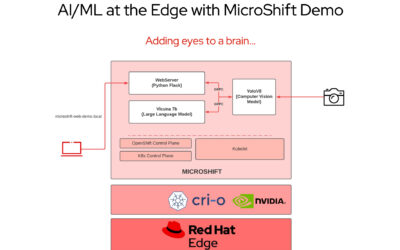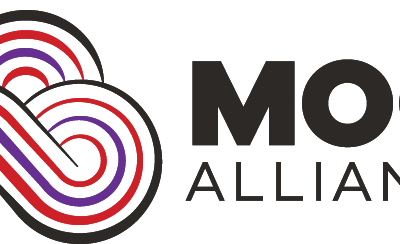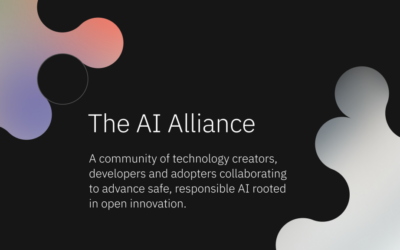The fact that Red Hat Research Program operates globally creates even more opportunities to expand academic-industry projects and initiatives across the borders. A great example of such a project expansion that works across continents is the 3-year project funded by the National Science Foundation (NSF) on Software Test Automation and Quality Assurance. The main aim is to train U.S. students to become researchers and collaborate with mentors on practical projects. This project is a result of the collaboration between Red Hat, Baylor University, and Czech Technical University. The timing for such an initiative might not seem ideal; however, they’ve managed to keep the ball rolling despite the current situation. What are the most recent activities and outcomes resulting from this cooperation? Find out in the article by the project investigator, Tomáš Černý.
News post by Tomáš Černý, Baylor University
The project was initiated in 2019 with the goal to provide U.S. students with a unique summer research experience through project collaboration with outstanding partners in the Czech Republic. In the first year, Baylor students attended summer research internships in the Czech Republic at Red Hat and the Czech Technical University in Prague (CTU). Although the project was originally intended for six students, Red Hat co-funded additional student positions. From 2019 a total of 20 distinct students attended this project; moreover, one additional high school volunteer participated in the research this last year.
Even though the year 2020 was impacted by the COVID-19 outbreak, we managed to transform the activities into an online internship. In that year, 13 students researched topics related to log analysis and were supervised by the investigator and by Dr. Tisnovsky from Red Hat and Dr. Frajtak from CTU.
The investigated research topics were divided into smaller teams. The topics we researched included:
- fault detection,
- distributed business process discovery,
- fault-error correlation with stack overflow,
- error back-tracing with program slicing,
- code analysis,
- and other security-related topics.
The summer project course took ten weeks and had a follow-up research course with six undergraduate students enrolled. The entire project started with analyzing existing work to build on top of existing know- how. Students started by mapping study of the topics and produce multiple publications out of their errors. Besides, we have developed multiple prototype projects hosted at https://github.com/cloudhubs and used these projects for case study demonstrations,targeting peer-reviewed venues and conferences.
Our efforts were quite successful in the year 2020 in terms of publications. Altogether we published 19 publications. Some are still in print or wait for the presentation. Just recently, 4 student presentations were accepted for the Student Research Forum at SofSem. Three of those students will also present at DevConf2021.cz.
While we cannot perfectly reproduce the story, but let us share selected student feedback:
“I enjoyed the sensation of getting published and getting more confident in my abilities to perform at a higher level.”
“Seeing our prototyped source crawler working as intended at the end of the summer was really rewarding after all the hours we put into it.”
“I learned a lot on how to research and write papers. Prior to this, I considered researching and writing research papers to be out of my scope, too difficult for me, but now I feel a lot more confident and don’t see it as a huge hurdle to get through.”
“I learned a lot about how to perform systematic research in the summer, as well as how to perform static analysis on programs, which I’ve never done before but now feel most comfortable with Java and Go.”
“I loved working on the project that started the internship, which only reinforced my love for software engineering projects.”
